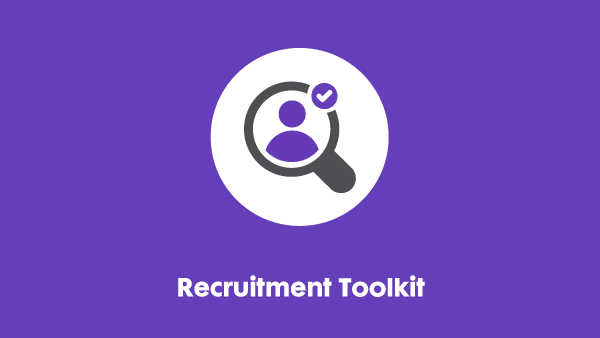Training recruiters and hiring managers
Recruiters and hiring managers need to be trained on how to avoid discriminating against disabled people.

Recruiters and hiring managers need to be trained on how to avoid discriminating against disabled people.

The recruitment process should be tailored to the role you’re recruiting for – don’t use the same process for every role.

Make sure you only test the skills and knowledge that are essential for the role.

Separating criteria into ‘essential’ and ‘desirable’ is important to let candidates – and yourselves – know what you will need to assess.

Disabled people will base their decision on whether to apply on how your organisation presents itself – make sure your organisation is welcoming and positive about disability.

Standardised application forms can discriminate against disabled people if not designed in an inclusive and flexible way.

Don’t avoid talking about disability – instead, be open, positive and welcoming. Use language that is as straightforward and easy-to-understand as possible.

Generally, you can’t ask any questions about health or disability unless it relates to a candidate’s ability to perform the core functions of the role.

Any services provided on your behalf should reflect the high standards for disability inclusion that your organisation maintains.

Working with specialist organisations can improve inclusion in your recruitment practices and help connect you with disabled people.

Testing and assessment must only be used to evaluate candidates’ ability to perform tasks that will be involved in the job.

Communicate clearly and early with candidates about any tests and assessments so they can ask about adjustments as early as possible.